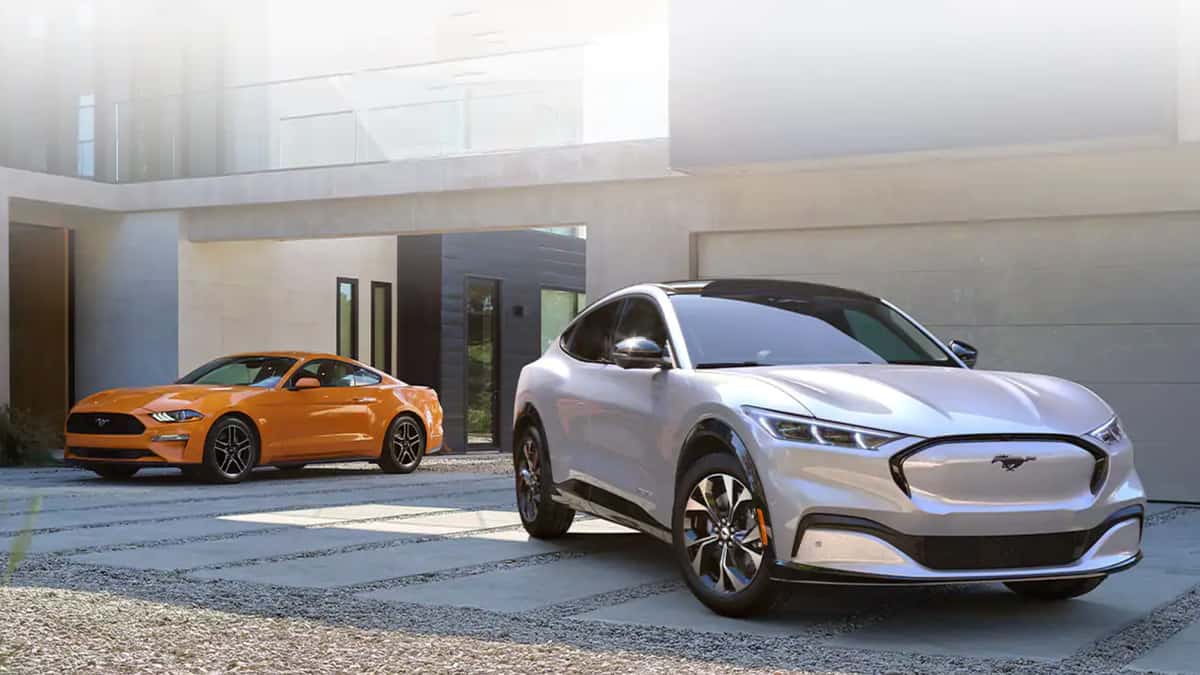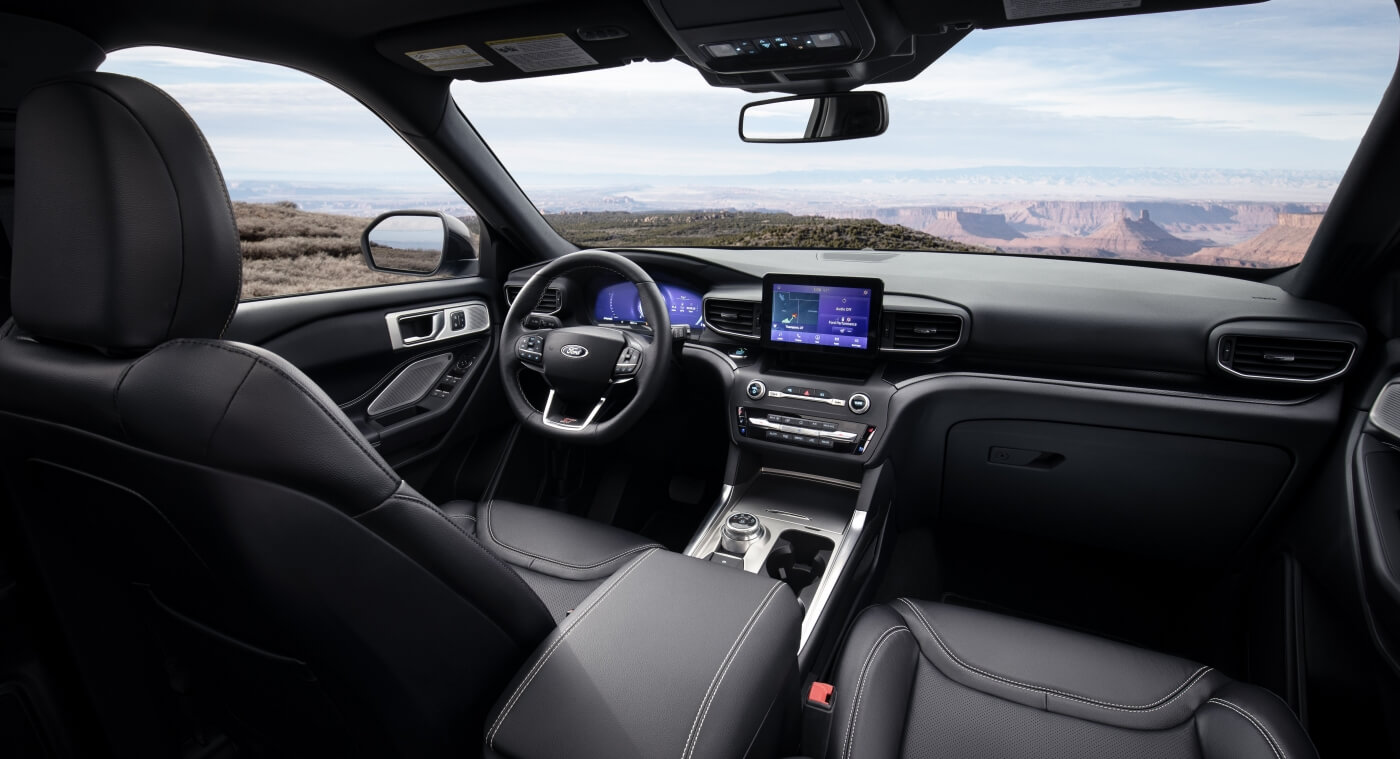TL;DR: Auto companies like Ford continually research ways to prevent accidents between motorists, pedestrians, and cyclists. Ford's latest experimental solution could offer pedestrians a mobile app to better alert motorists to their presence. The technology would use Bluetooth Low Energy (BLE) and complement the company's Co-Pilot360 system.
Ford plans to demonstrate a new pedestrian safety system for its latest automobiles this week. It takes the form of a mobile app that pedestrians use to alert Ford drivers' infotainment dashboards without relying on line-of-sight. The app uses BLE to communicate with vehicles that support Ford SYNC, telling drivers whether a pedestrian or cyclist is nearby. Eventually, it could also alert drivers to construction sites.
The tech leverages T-Mobile's 5G Advanced Network Solution with hyperscale computing. Bluetooth Low Energy lets the system work without pairing devices and has a negligible energy requirement. Ford plans to demonstrate it at the Intelligent Transportation Society of America's (ITSA) World Congress in Los Angeles from September 18 through 22.

Some Ford cars already use the company's Co-Pilot360 system for the same purpose, but the new app could make it more effective. Co-Pilot360 uses sensors on equipped vehicles to help drivers react to traffic and pedestrians with auto-braking, automatic high-beam headlights, lane centering, intersection assist, and other features. The mobile app could make drivers more aware of people behind obstructions like buildings or steep hills.
Another concept accident-prevention solution Ford and Designworks proposed in 2020 was a jacket that cyclists could wear to display emojis to motorists. Users could display three emojis on the back of the coat using a wireless remote attached to the handlebars: a neutral face, a happy face, and an angry face. The system could also display useful symbols like turn signals and a hazard symbol. There has been little-to-no information since then on when or if the jacket could become available.
This week, Ford also updated its current policy of selling vehicles lacking certain non-essential functions to cope with ongoing chip shortages. At the end of Q3, the company expects 40,000 to 45,000 cars to be affected --mostly high-margin, high-demand models of SUVs and trucks. Owners can have these missing functions installed at service centers for free at a later date.
